US welcome white South African refugees amid broader resettlement freeze, sparking controversy
- Update Time : Sunday, May 11, 2025
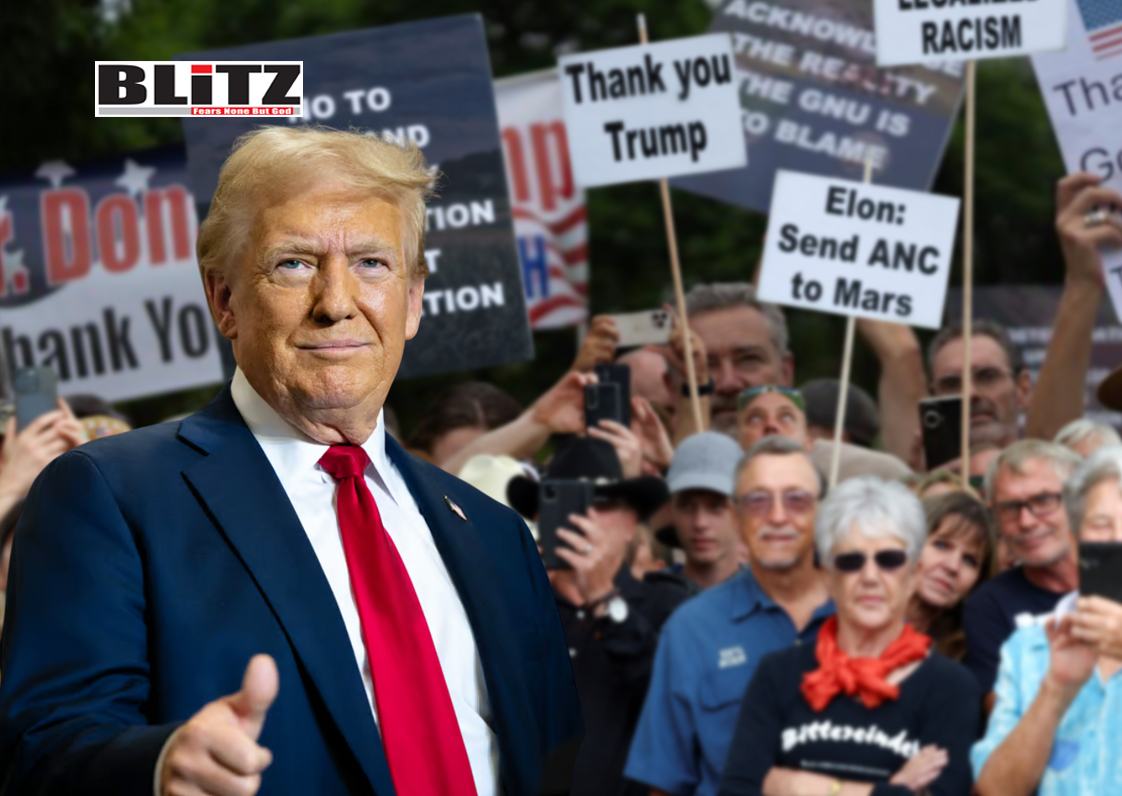
In a move that has sparked international controversy, the Trump administration is set to welcome more than two dozen white South Africans to the United States as refugees, even as the broader US refugee resettlement program remains largely frozen. The first group of Afrikaner refugees is scheduled to arrive on May 12 at Dulles International Airport outside Washington DC, where they will be greeted by a high-level government delegation, including Deputy Secretary of State Christopher Landau and officials from the Department of Health and Human Services (HHS).
The relocation, described as the beginning of a “much larger-scale effort,” was confirmed by White House deputy chief of staff Stephen Miller. Miller defended the policy, arguing that the situation in South Africa fits the “textbook definition” of why the US refugee program was originally created – namely, to protect individuals facing persecution based on a protected characteristic such as race.
“This is persecution based on race,” Miller said. “The refugee program must prioritize those who are suffering racial discrimination, and what is happening to the Afrikaners in South Africa is a clear case of that.”
The Trump administration’s decision to expedite the resettlement of white South Africans, while suspending refugee programs for applicants from Afghanistan, Iraq, most of sub-Saharan Africa, and other crisis-ridden regions, has drawn sharp criticism from refugee advocacy organizations, legal experts, and foreign policy analysts.
Since issuing an executive order in February prioritizing the processing of white South Africans claiming racial discrimination, the US Embassy in Pretoria has been conducting interviews specifically aimed at Afrikaners alleging persecution. The State Department said it has been “prioritizing consideration” for their resettlement, despite offering no official statements about the timing of arrivals. Sources indicated that the arrival of the first group had originally been scheduled for the previous week but was delayed without a clear explanation.
In preparation for their arrival, the HHS Office for Refugee Resettlement organized housing, basic necessities like furniture and groceries, and additional expenses including clothing and childcare products. An internal document described the relocation as a “stated priority of the Administration,” further underscoring the political weight behind the effort.
Despite repeated inquiries, HHS declined to comment on the details of the resettlement plan.
Refugee advocates are voicing outrage at what they call a “selective and discriminatory” application of US refugee policy. Church World Services, a humanitarian organization that has aided refugees for more than 70 years, criticized the Trump administration’s actions as hypocritical.
“We are concerned that the US Government has chosen to fast-track the admission of Afrikaners, while actively fighting court orders to provide life-saving resettlement to other refugee populations who are in desperate need,” said Rick Santos, the organization’s president.
The decision has also sparked fury among groups working to resettle Afghans who risked their lives to support the US military during the two-decade war. Shawn VanDiver, head of the #AfghanEvac coalition, emphasized that many Afghans – who served alongside US forces or promoted women’s rights and democracy – are now facing brutal reprisals from the Taliban.
“Afghans risked their lives for us. That should matter,” VanDiver said. “They meet every definition of a refugee. Prioritizing Afrikaners over them reveals a deeply troubling double standard.”
At the heart of the Trump administration’s justification is the claim that South Africa’s Black-led government has engaged in anti-white policies, including alleged persecution of minority white farmers and the introduction of land expropriation laws. These policies, the administration argues, endanger the Afrikaner community and warrant international intervention.
South African officials have strongly refuted these accusations. President Cyril Ramaphosa’s office issued a statement after a late-April call with President Trump, asserting that the US president had received “completely false” information regarding alleged persecution.
“There are no South African citizens that can be classified as refugees to any part of the world, including the US,” the South African government said.
The South African foreign ministry further criticized the move as “politically motivated” and accused the Trump administration of trying to undermine South Africa’s constitutional democracy. The ministry also requested assurances that the departing individuals had been properly vetted and had no outstanding criminal cases, reflecting concerns about potential reputational damage.
“It is regrettable that the resettlement of South Africans under the guise of being ‘refugees’ is entirely politically motivated,” the foreign ministry said.
Still, South Africa emphasized it would not prevent any citizens from leaving, respecting their right to freedom of movement, and expressed openness to constructive dialogue with the US.
The refugee issue has compounded already strained relations between the two countries. Earlier this year, Secretary of State Marco Rubio boycotted a G20 foreign ministers meeting in Johannesburg, objecting to an agenda centered on diversity, inclusion, and climate change. Rubio also expelled South Africa’s ambassador to the US over comments interpreted by the Trump administration as accusing President Trump of promoting white supremacy.
Following these events, the State Department suspended all engagement with the G20 during South Africa’s presidency. With the US slated to host G20 meetings in 2026, the diplomatic freeze is seen as a potentially long-lasting shift.
The controversy also has a personal dimension: South Africa is the birthplace of Elon Musk, a close adviser to Trump, who has often criticized South Africa’s political climate.
This selective prioritization of white South African refugees could set a new precedent in US immigration policy, analysts warn. Historically, US refugee admissions have been based on criteria including the severity of conflict, the likelihood of persecution, and humanitarian need – rather than racial or political considerations.
“This is a dramatic departure from the values that have historically underpinned US refugee policy,” said Sarah Pierce, an immigration policy analyst. “It sends a global message that America’s doors are open – but only to certain groups.”
As the first Afrikaner families prepare to step onto US soil, many are left wondering whether America’s once-proud tradition of offering refuge to the world’s most vulnerable is being rewritten along ideological and racial lines.
With court challenges looming and international criticism mounting, the Trump administration’s controversial refugee policy is likely to remain a flashpoint in both domestic politics and US-South Africa relations for months to come.


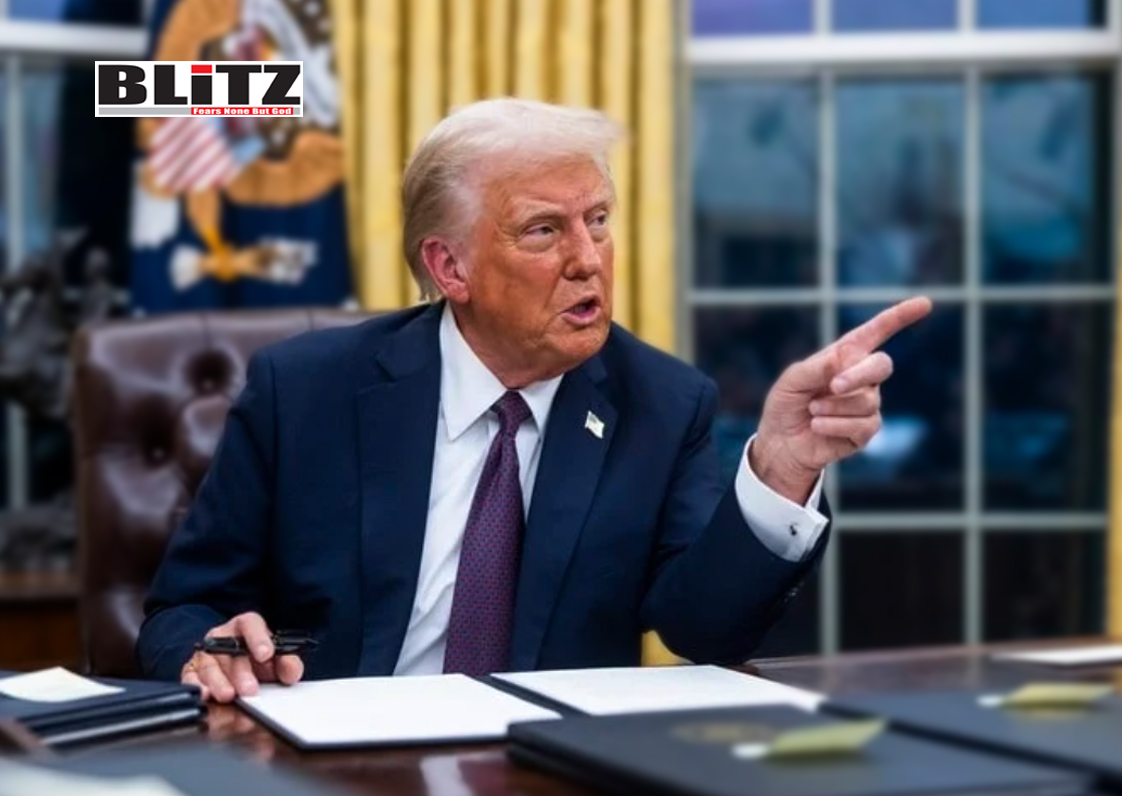
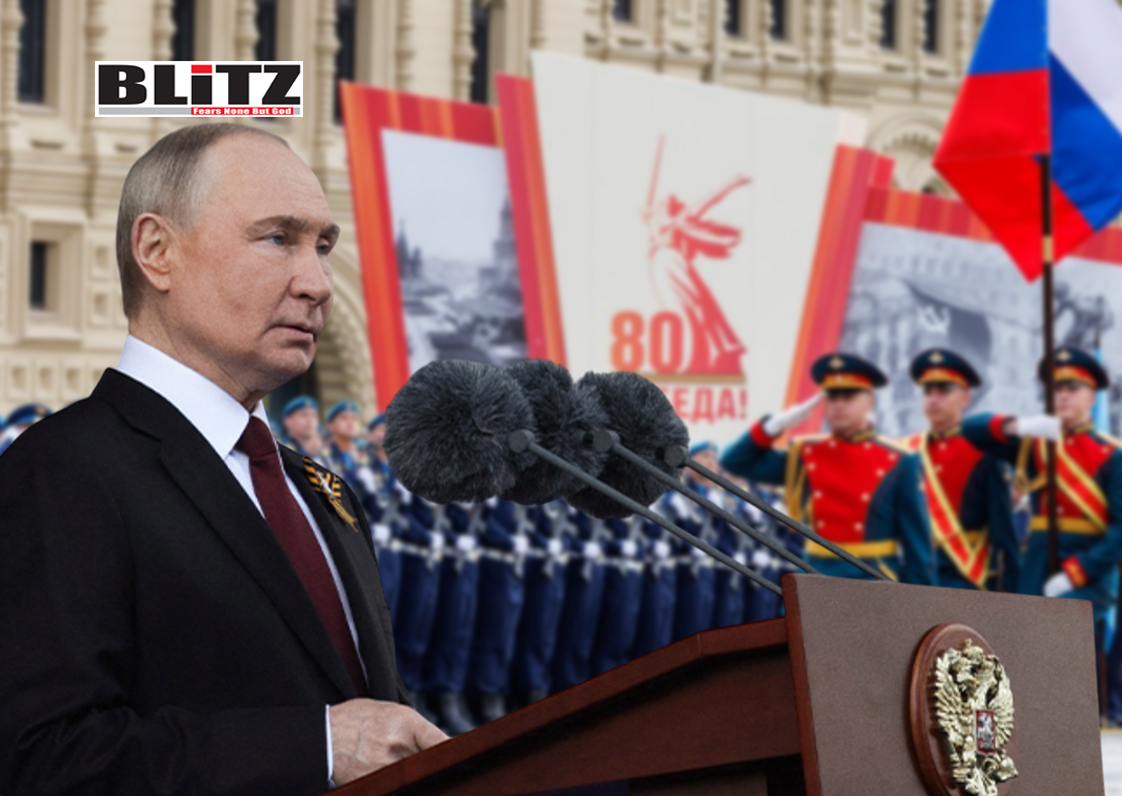
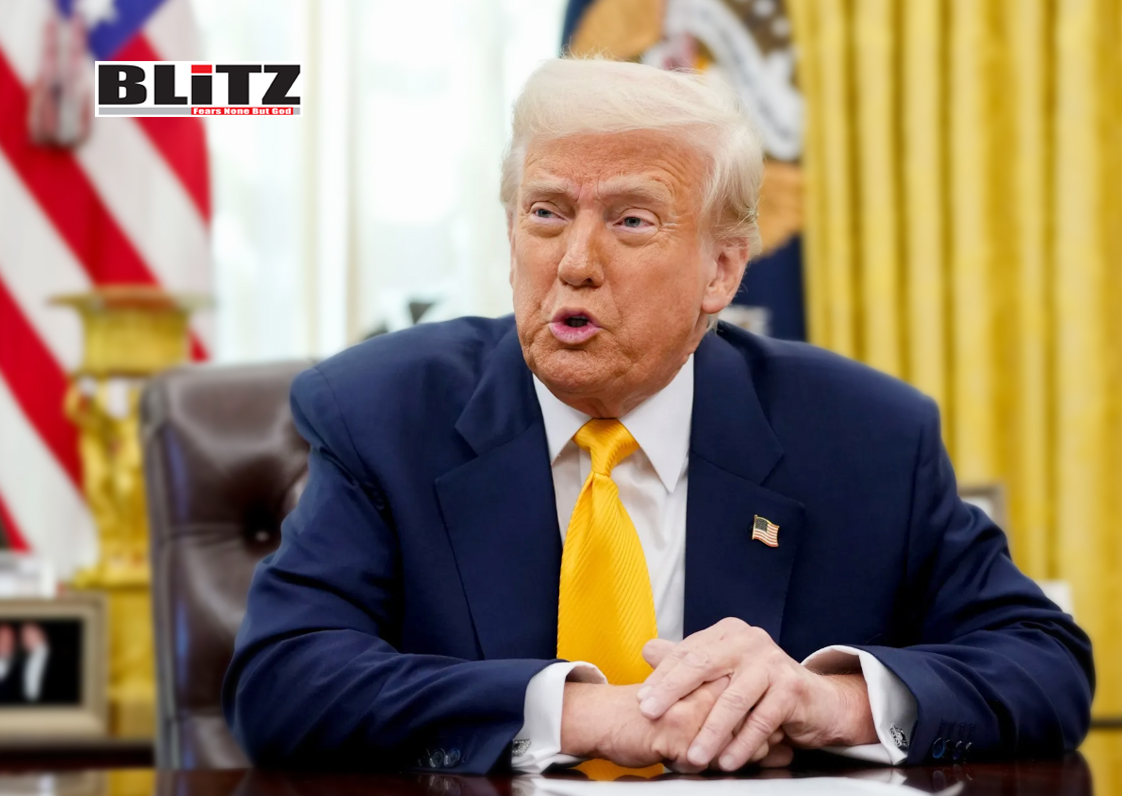

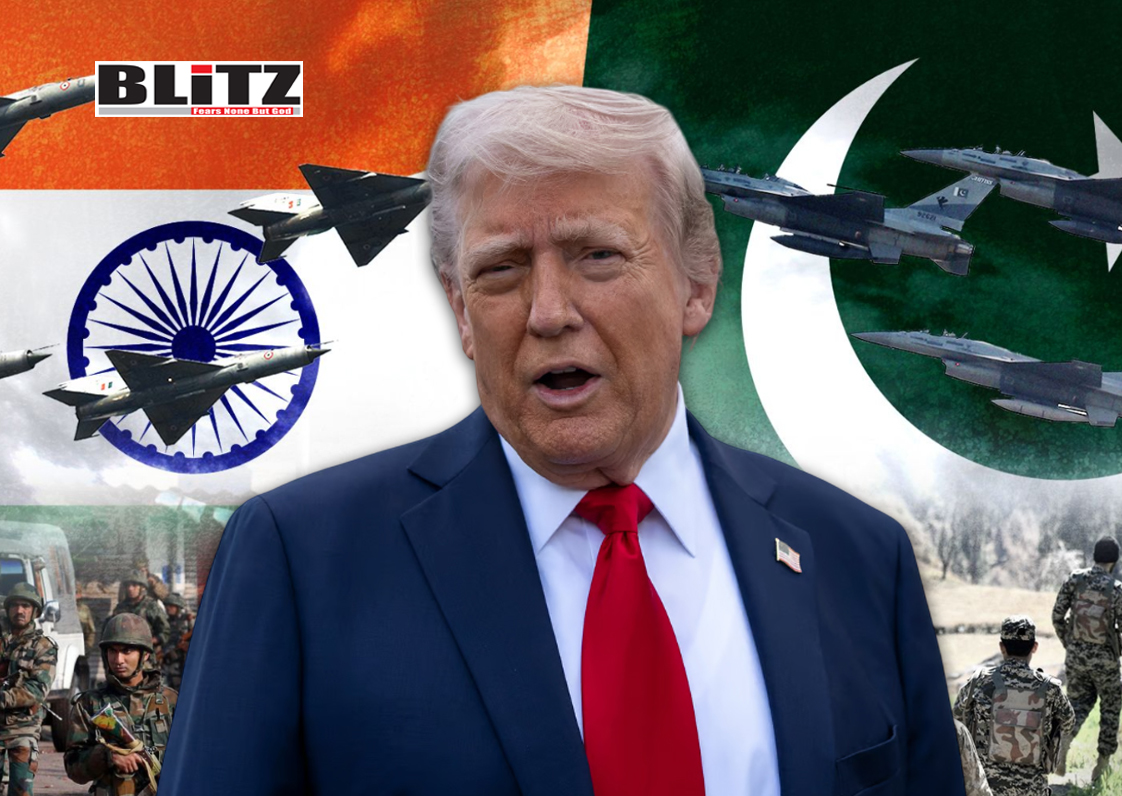
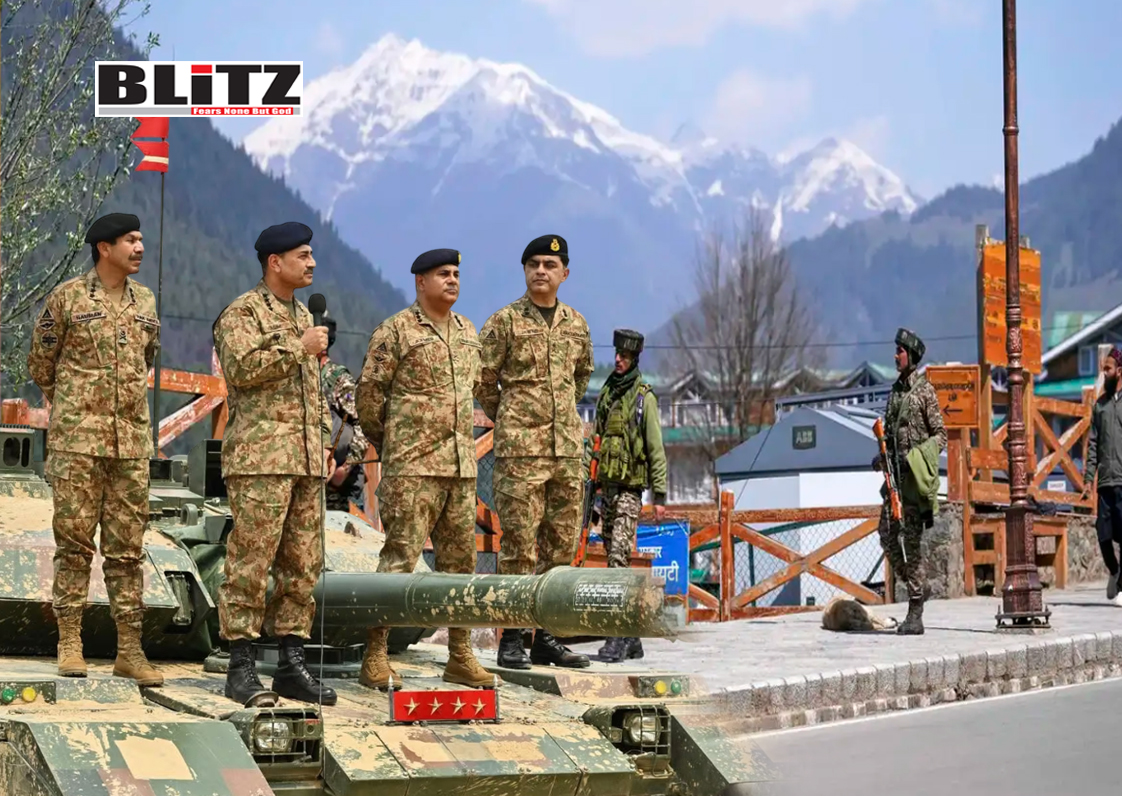

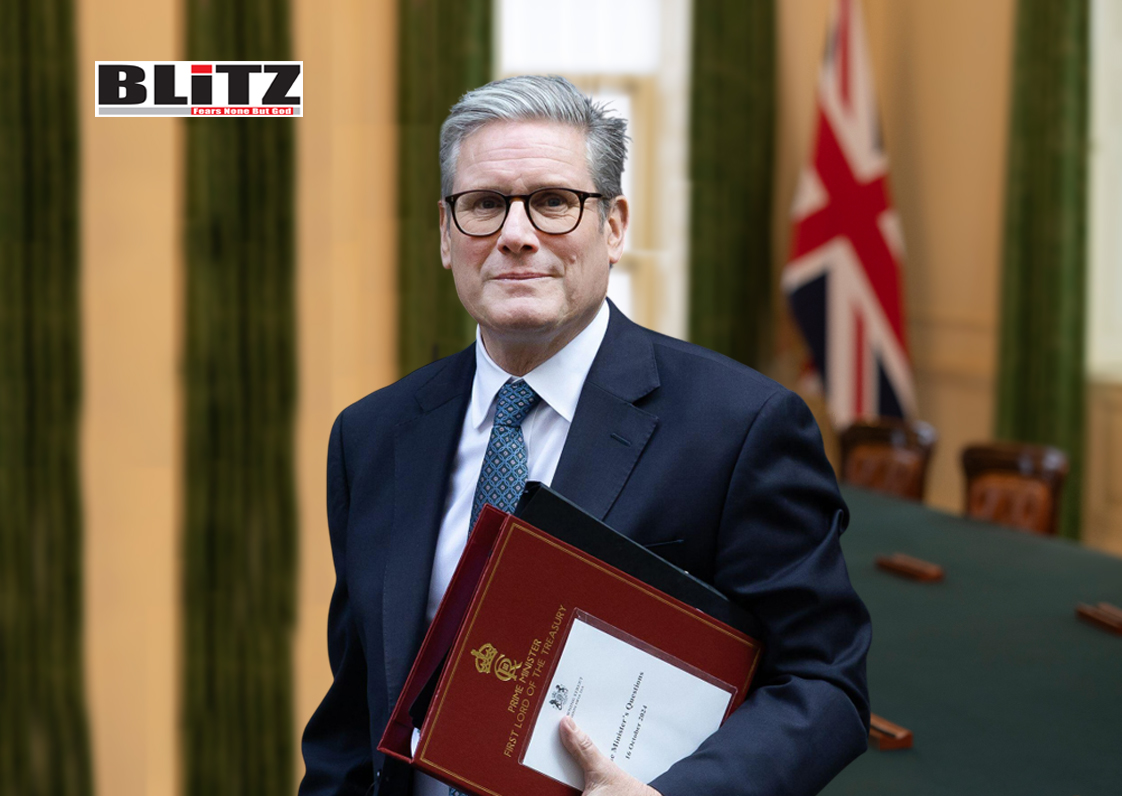
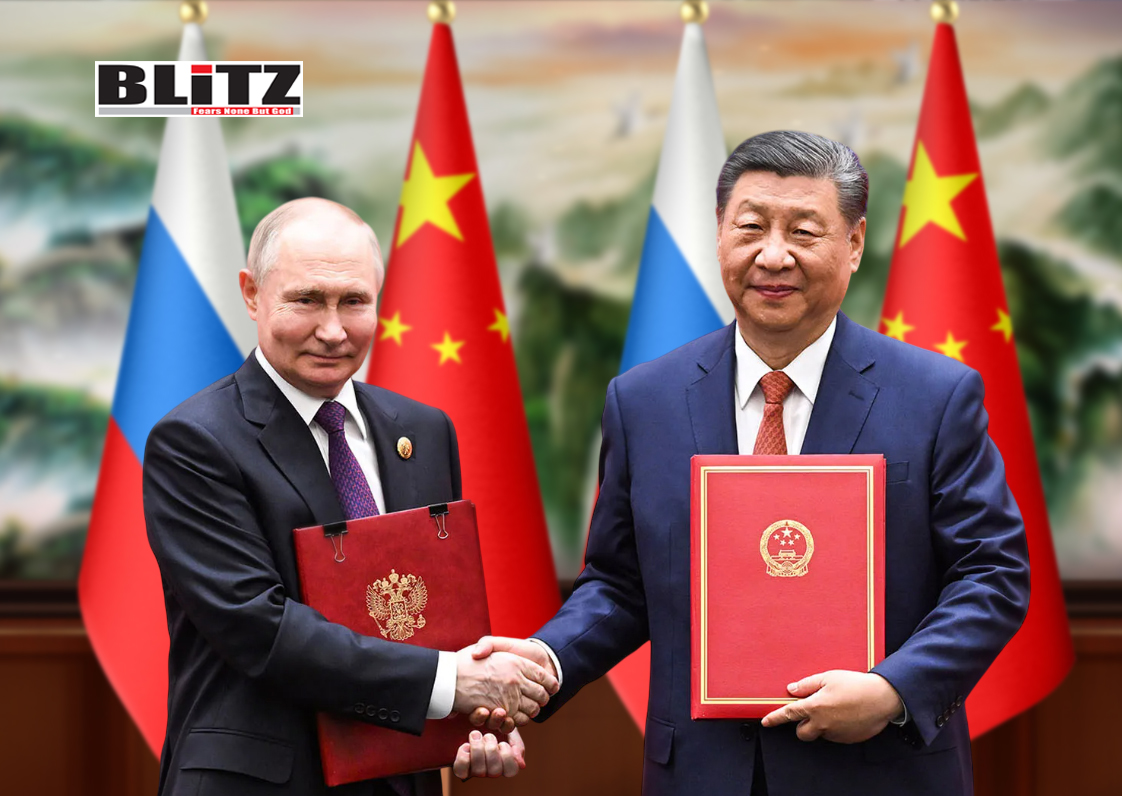
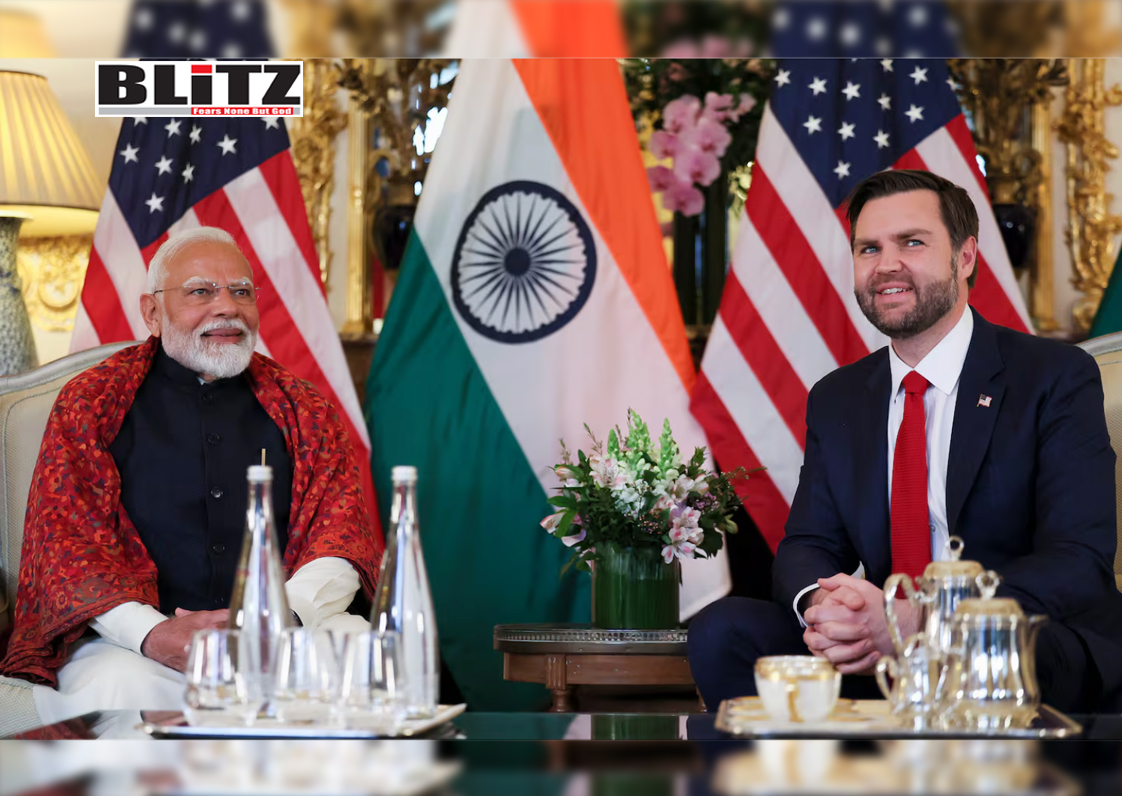
Leave a Reply